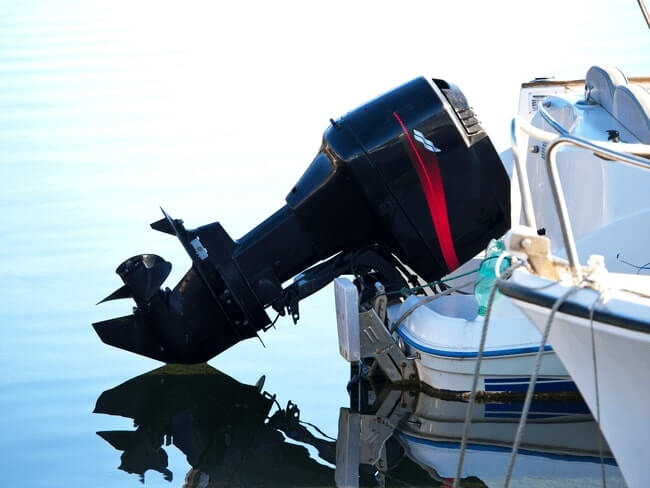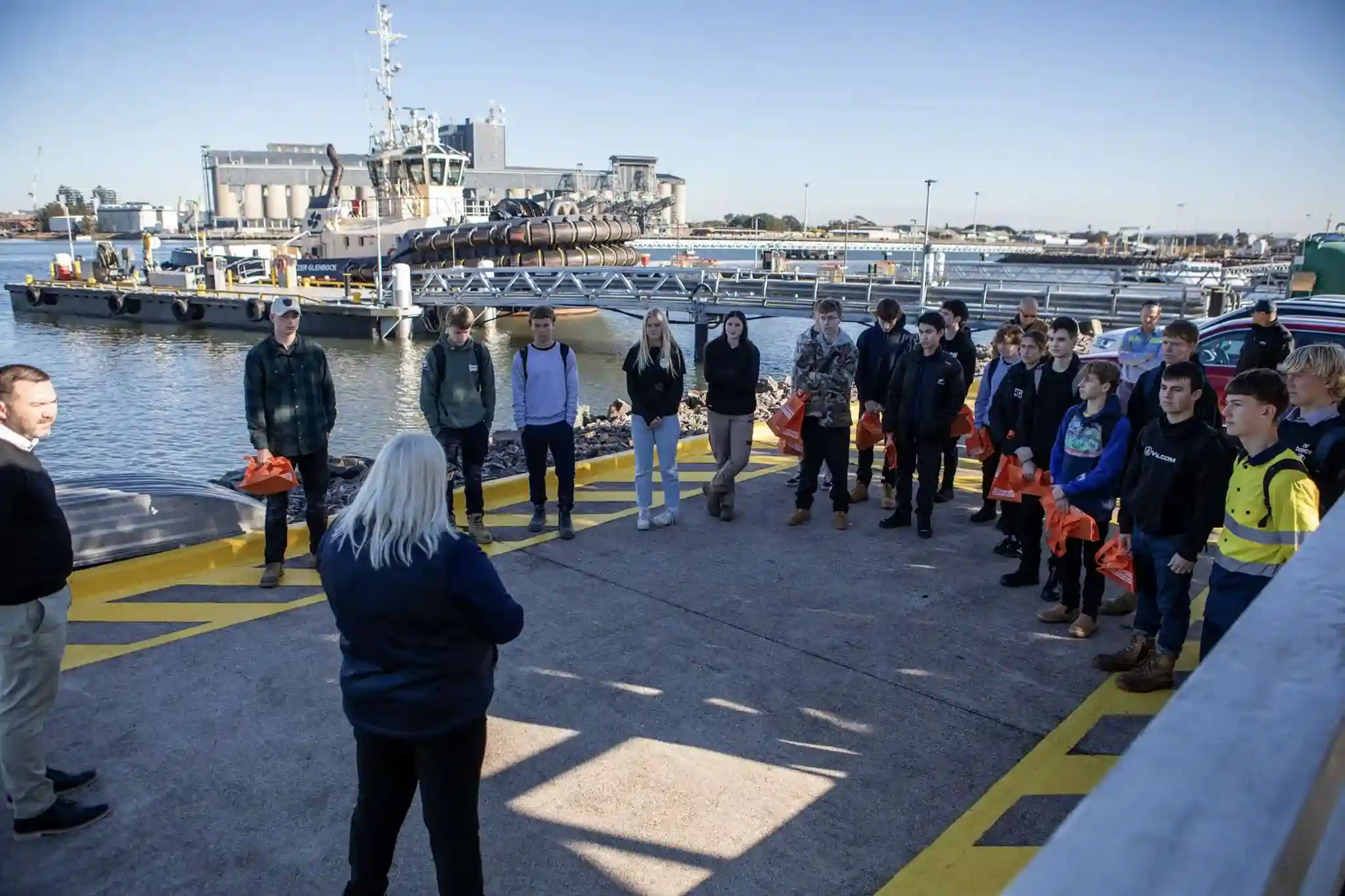
Check That Motor
Oftentimes, it may actually be cheaper to buy a used boat with an older hull and immediately re-power it with a new outboard. Along those same lines, you’ll definitely want to consider upgrading to a new 4-stroke outboard – within the next few years, new 2-stroke outboards will likely be removed from the market altogether because of the fact that they’re less environmentally friendly than their 4-stroke cousins. Making the switch now will just save you time and energy later on.
Other Considerations
Trailer – Any dedicated boating aficionado can tell you that you never want to forget to check the roadworthy condition of the trailer when buying a used boat. Make sure that all the bearings are in good condition, that the lights are working and (especially) that it is properly registered. Answering these questions now can save you a lot of trouble later on.
Visual Inspection – Always inspect your prospective purchase.
- Look for corrosion and cracks in wood or metal
- Inspect underneath objects that are sitting in the boat and look for discolouration that can be a sign of neglect
- Check the hull for damage or repaired damage. If it has been repaired, ask for receipts and the history of the damage.
- Depending on the type of boat, inspect nylons and rigging for fraying or tears. You are looking for obvious signs of neglect with the boat before inspecting the mechanicals.
Start That Engine
Finally, make sure you actually start the engine before you purchase to check things out yourself. If you aren’t confident enough to inspect an engine, employ the services of a qualified marine mechanic.
- Does it make excessive noise or vibrate a little too much?
- Is it too rough or, worse yet, does it smoke?
- Check the oil to ensure it is a rich black with no foam film.
- Check for leaks around gaskets and seals as this could indicate expensive future repairs.
- Test the bilge pump operation as it is a vital piece of equipment.
- Dirt and rust are sure signs of neglect around the engine and a sign for you to look elsewhere.
Small issues like too much oil or old fuel can be fixed during your first tune-up. Symptoms like those above however, are likely signs that you have a much bigger (and more expensive) problem waiting beneath the surface that you would do well to avoid altogether.
Don't Forget About Your Maritime Training Course
As always, making sure that your used boat is in quality condition before you purchase is only half the battle – equally important is making sure that you have the skills and training necessary to have the safest time on the water that you can. If you’d like to find out more information about what to look for when buying a used boat, or if you’d like additional assistance when it comes to getting your boat license and other certifications, please contact Maritime & Safety Training today.





